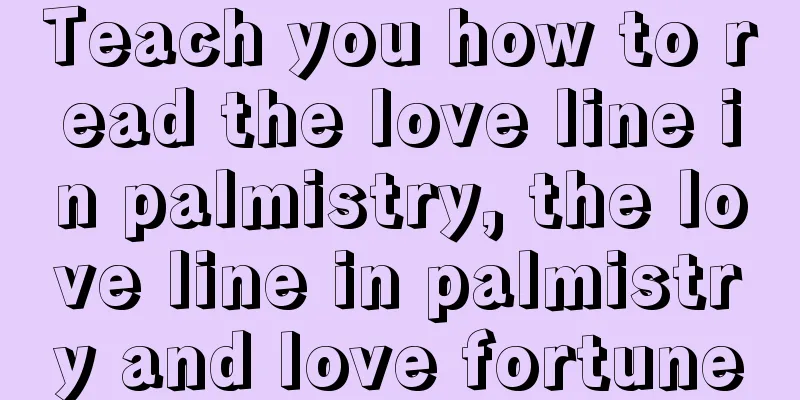Tunisia to become first country to issue national currency via blockchain

|
Tunisia will become the first country to issue its own currency through crypto technology. Tunisia is located at the northernmost tip of the African continent, facing the Mediterranean Sea to the north and east, and across the Strait of Tunisia from Sicily, Italy. It is a key point for east-west shipping in the Mediterranean. It borders Libya to the southeast and Algeria to the west. Tunisia has a population of about 10 million. Over the years, African countries have also made great progress in payment. Since 2007, M-Pesa has been popular in Kenya and has improved the business operations and efficiency of South African companies. BitPesa has promoted Bitcoin to Africa, allowing many people to know Bitcoin, an advanced digital currency technology. Now Monetas has brought blockchain to Tunisia. Johann Gevers, CEO of Monetas, told TechMoran:
Monetas is a bit like ConsensusYs in the Bitcoin space. They recently partnered with Microsoft to launch a new cloud-based blockchain platform for large financial institutions to experiment with new technologies. Monetas claims to provide notary-like protection for transactions on the new platform, similar to the Bitcoin system, except Bitcoin mining, as the currency is not created in-house. Gevers described how the Monetas system could change Tunisia in 2016:
Tunisia already has an electronic legal tender, called the "eDinar," which is used through Tunisia Post. 90% of adults in Tunisia have a bank account with Tunisia Post, while more than 3 million Tunisian adults do not have any bank accounts. Tunisia's government leaders want to improve this, and they hope that in partnership with Monetas, they can achieve these goals in one go through blockchain technology. Soon, more than 600,000 Tunisians will have access to this new system through Tunisia Post, a project that is a joint effort between Tunisia Post, the Tunisian government, and French Poste Tunisia (LPT). However, it seems difficult for Bitcoin to develop in Tunisia. In many countries, Bitcoin is in a regulatory gray area. In Tunisia, Bitcoin has not been approved by the central bank or the national government. Gevers revealed that he intends to expand this similar system to "12 markets" next year, which may not be nationwide like Tunisia. There are already many countries working to combat corrupt banking systems and give their people the freedom to decide their economic policies, so we have reason to expect a more inclusive and technologically advanced economic future, at least on a smaller scale, where some countries are willing to stand up for innovative financial development models and abandon those outdated economic development models. Original article: http://dcebrief.com/tunisia-becomes-first-nation-to-put-nations-currency-on-a-blockchain/ |
<<: Will 2016 be the best year yet for Bitcoin?
>>: Goldman Sachs and JPMorgan Chase may become the biggest winners in Internet finance
Recommend
What kind of woman is likely to lose a fortune?
Ancient books say: If the nasolabial folds cut th...
They tried every possible way to steal electricity, including burying dog kennels and hiding in gymnasiums
Yesterday we posted a message on our official web...
China UnionPay and JD Finance announced successful blockchain cooperation test, deploying cross-regional and cross-operator alliance chain
On May 9, China UnionPay's official website r...
A rare mole of wealth means you will be very rich in this life
Moles have a great influence on a person's lu...
What does it mean if you have a mole in your hair?
As for the situation inside the hair, if we have ...
How to read palmistry and tell fortunes What does the fate line represent?
The fate line is one of the many lines in our pal...
Was the Bitcoin White Paper Released on Halloween?
Rage Comment : Although Halloween is a Western ho...
Are men with pointed chins very greedy for money?
In real life, although there are many honest peopl...
Is it true that men with triangular eyes are suspicious by nature?
What are the personality traits of men with trian...
The murderous appearance of a deceased husband
The murderous appearance of a deceased husband Th...
Bitmain Ant S9K, S9SE Bitcoin Miner Trial Experience
In June 2016, Bitmain released the Bitcoin mining...
Are women with sad moles more likely to get divorced after marriage?
Most people never think about divorce after getti...
Key indicator shows: $4 billion in Bitcoin options expiring on January 29 favor bulls
Bitcoin price appears to have lost momentum over ...
What kind of people love to help others?
Although being helpful is a good habit, some peop...
Moles on the body that are not good for wealth
Moles on the body that are not good for wealth 1....









